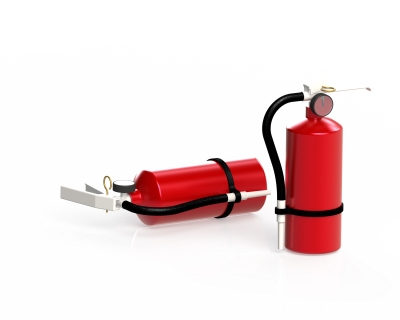Tag Archives: couples counselling brighton
Joint Therapy Or Individual Therapy?
The Drama Triangle – Understanding Communication Breakdown

In 1968, Stephen Karpman first referred to the Drama Triangle model as a means of describing and analysing human interaction. Karpman’s ideas often prove useful in helping us identify the roles we ourselves play when stuck in unhelpful repeating patterns of communication with others – and how to step out of those roles.
How To Talk To A Defensive Person
Shame And Dependency

Shame. There, I said it. Shame feels horrible. I think of a hot, creeping sensation that sweeps over the body, starting in the face and travelling rapidly down to the stomach – where it stays. It’s a feeling of having been exposed and found wanting when measured against our own or somebody else’s idea of a…







